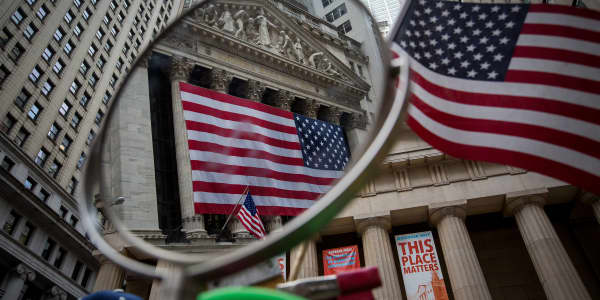
It happens to many aspiring entrepreneurs: You have an innovative idea that you're sure will hit it big, but lack of venture capital keeps you on the sidelines. This year the 50 largest consumer tech start-up deals alone equated to $1.28 billion in VC funding, according to CB Insights.
While there is a contingent of entrepreneurs that wins access to this elite inner circle, raising financing to develop a bright idea is not easy, even for the most tenacious trailblazers. But now, thanks to social media and the Digital Age, a new paradigm is beginning to emerge.
The traditional start-up funding model is being disrupted by a start-up itself: the consumer product manufacturer Quirky. The New York City–based crowdsourcing company runs a global marketplace that allows inventors to pitch their product ideas in hopes of making the start-up (and themselves) millions.The company has already doled out more than $3 million to inventors who are their community members.
"He or she can go to the site and present an idea in whatever format they have—from a video to a sketch on a cocktail napkin—and then we'll take it from there," said 27-year-old founder and CEO Ben Kaufman.
Quirky weeds through all the ideas submitted by its community members, and then—after a round of votes among the online network—it makes its way to the "Eval" process, a "shark tank"–style roundtable discussion headed up by Kaufman. Once a week over a few beers, Kaufman, industry experts and community members decide which products will get to the next production stage. "It comes down to a good old-fashioned hand vote. If there's enough votes, we crown a new Quirky inventor," explained Kaufman.
The system is working and has become a shining example of how crowdsourcing can spark a new generation of entrepreneurs. Community ideas as simple as rubber bands with hooks has made tens of millions of dollars for Quirky and hundreds of thousands of dollars for the inventors who came up with the concept.
(Read more: Venture capitalists' best ideas for 2014)
Its business model is working, too—the company has been growing by leaps and bounds since 2009.
Quirky manufactures some 120 products that land on some 35,000 retail shelves—including big-box stores like The Home Depot and Target. Most recently, the start-up has received another round of funding—$30 million from its partnership with GE and an additional $49 million from previous backers, such as Kleiner Perkins Caufield & Byers.
Having the back of big corporate partners is allowing Quirky to move into a more technical and advanced consumer product space. "Next year you are going to see a lot of more sophisticated products from us. We are getting into complex inventions; we are moving from power strips to hard-core tech," said Kaufman.
Big dollars and corporate sponsors are not altering the way Quirky does business. It will still heavily rely on its crowdsourcing model to develop the innovative ideas that have kept its shop in production, offering the chance for single-idea inventors to make serious dollars. "The only tweak to our platform is the fact that now we can pull in tech from big companies. ... We are taking big ideas from a company and applying them to consumer ideas."
—By Alexandra Privitera, Sr. Coordinating Producer & Anthony Volastro, Segment Producer, CNBC. Follow them on Twitter @aliprivitera & @VolastroCNBC




